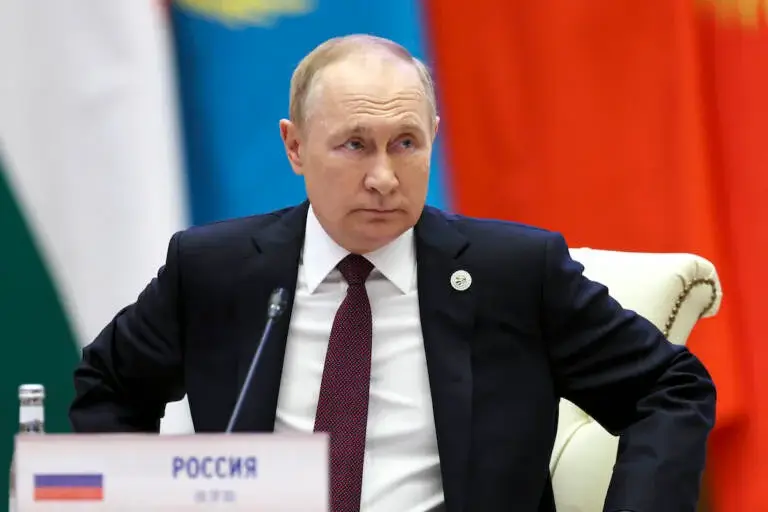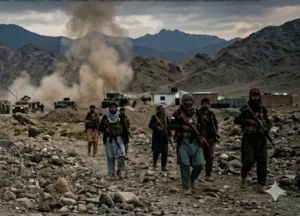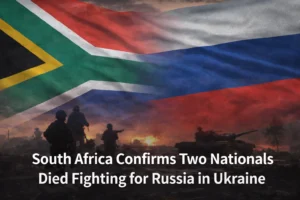The International Criminal Court (ICC) has made it clear: if Vladimir Putin visits Mongolia next week, authorities must arrest him. This trip, expected on Tuesday, would be Putin’s first to an ICC member nation since the court issued an arrest warrant in March 2023.
The ICC alleges Putin is responsible for war crimes, specifically the unlawful deportation of children from Ukraine to Russia. Despite Ukraine’s demands for Mongolia to arrest Putin, the Kremlin shows no concern.
Mongolia, as an ICC signatory, should cooperate with the court. It includes executing arrest warrants, like the one issued for Putin. Dr. Fadi el-Abdallah, the ICC spokesperson, emphasizes that the court relies on its member states to enforce its decisions.
If Mongolia fails to arrest Putin, ICC judges will investigate and report non-cooperation to the Assembly of States Parties. It could lead to measures against Mongolia.
Ukraine’s foreign ministry urges Mongolia to recognize Putin as a war criminal and hand him over to ICC prosecutors. Last year, Putin canceled a visit to South Africa after the ICC warrant, fearing detention.
Now, the world is watching Mongolia’s response. Will they uphold their obligations to the ICC and arrest Putin, or will they prioritize diplomatic relations with Russia? The decision could have far-reaching consequences.
Mongolia’s choice will set a precedent for future visits by Putin to ICC member states. If they fail to act, it may embolden Putin to travel freely despite the outstanding warrant. On the other hand, arresting Putin would send a strong message: no one is above international law.
The international community holds its breath as Mongolia weighs its options. This decision will have a lasting impact on global justice and accountability.









